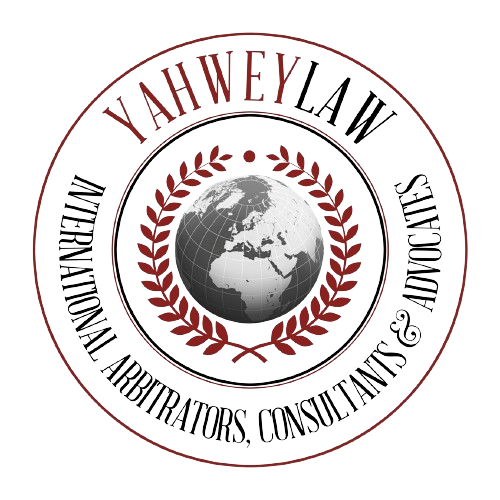Introduction
When it comes to resolving conflicts, making important decisions, or seeking expert advice, individuals and organizations often turn to professionals who specialize in arbitration, consulting, management, and advocacy. These professionals play a crucial role in providing guidance, support, and expertise in various fields. In this blog post, we will explore the roles and responsibilities of arbitrators, consultants, management professionals, and advocacy groups, and how they contribute to the resolution of complex issues.
Arbitrators
Arbitrators are neutral third parties who are appointed to help resolve disputes between two or more parties. They have specialized knowledge and expertise in the field in which the dispute arises, such as law, finance, or industry-specific matters. Arbitrators act as mediators, facilitating discussions and negotiations between the parties involved, with the goal of reaching a fair and mutually acceptable resolution.
Arbitrators are often chosen for their impartiality, knowledge, and experience in the relevant industry. They carefully review the facts and evidence presented by each party, and based on their expertise, they make informed decisions or recommendations. These decisions are legally binding and can help avoid costly and time-consuming court battles.
Consultants
Consultants are professionals who provide expert advice and guidance to individuals or organizations seeking assistance in a particular area. They bring specialized knowledge, skills, and experience to help their clients address specific challenges or achieve specific goals. Consultants can be found in various fields, including business, finance, technology, marketing, and more.
Consultants typically work closely with their clients to understand their needs, analyze their current situation, and develop tailored strategies or solutions. They may conduct research, perform data analysis, and provide recommendations based on their findings. Consultants can also assist with implementing and monitoring the suggested strategies to ensure their effectiveness.
Management Professionals
Management professionals are individuals who specialize in planning, organizing, and coordinating various aspects of an organization’s operations. They play a vital role in ensuring the smooth functioning and success of businesses, nonprofits, and government agencies. Management professionals can hold positions such as managers, directors, or executives.
These professionals are responsible for setting goals, developing strategies, allocating resources, and overseeing the day-to-day activities of their respective departments or organizations. They work closely with teams, stakeholders, and other key individuals to ensure that objectives are met, and that the organization operates efficiently and effectively.
Advocacy Groups
Advocacy groups are organizations or associations that work towards promoting and supporting specific causes, interests, or rights. These groups play a crucial role in raising awareness, influencing public opinion, and advocating for policy changes. Advocacy groups can focus on a wide range of issues, such as human rights, environmental protection, healthcare, education, and more.
Members of advocacy groups are passionate about their cause and work tirelessly to bring about positive change. They engage in activities such as lobbying, public campaigns, research, and community outreach to raise awareness and garner support. Advocacy groups often collaborate with other stakeholders, including government bodies, nonprofits, and individuals, to amplify their impact and achieve their goals.
Conclusion
Arbitrators, consultants, management professionals, and advocacy groups all play crucial roles in various aspects of our society. Whether it is resolving disputes, providing expert advice, managing organizations, or advocating for important causes, these professionals contribute to the well-being and progress of individuals and communities. Their expertise and dedication make them valuable assets in navigating complex issues and achieving positive outcomes.

0 Comments